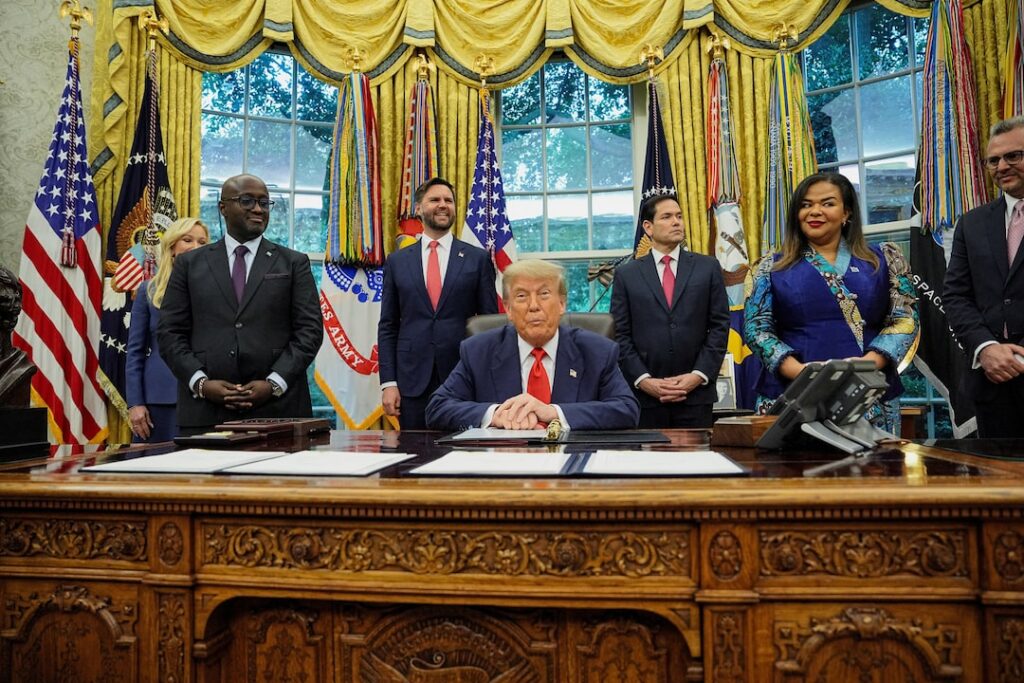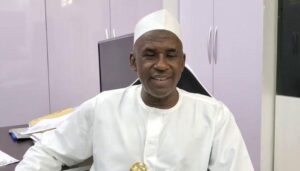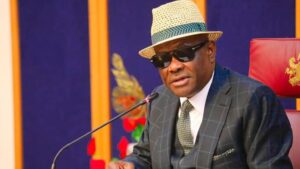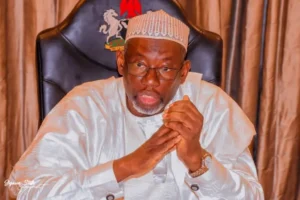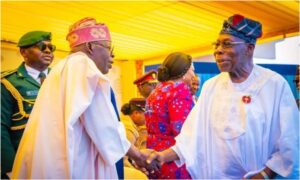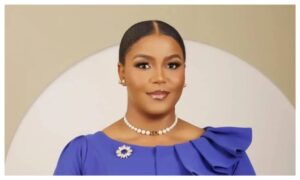Rwanda and the Democratic Republic of Congo (DRC) have signed a new peace deal in Washington, hoping to stop the ongoing fighting in eastern DRC, a region rich in minerals. The agreement, which had support from Qatar and was signed at the U.S. State Department, is meant to stop countries from backing rebel groups. Even though the signing is a big move, experts are still unsure if it will really last.
U.S. President Donald Trump hosted both countries’ foreign ministers at the White House and called the deal a big win for diplomacy. He said the violence was ending and the region was entering a new time of peace. Trump also talked about the U.S. getting access to Congo’s minerals, calling the moment “wonderful.”
The deal comes after the return of the M23 rebel group, a Tutsi militia with suspected ties to Rwanda. The group recently took control of important areas in eastern DRC, including Goma. Rwanda has denied helping M23 but wants the disarmament of another rebel group, the FDLR, made up of Hutu fighters linked to the 1994 genocide in Rwanda.
Under the deal, both countries agreed to stop supporting armed groups. Rwanda also agreed to end its “defensive measures.” Rwanda’s Foreign Minister, Olivier Nduhungirehe, said the top priority should be getting rid of the FDLR for good.
Even though he supports the peace deal, Nduhungirehe warned that many deals like this have failed before. He said the region has faced too many broken promises and that uncertainty still remains.
DR Congo’s Foreign Minister, Therese Kayikwamba Wagner, said the deal must protect Congo’s independence. She called it a chance to truly bring change and healing to a nation that has suffered for years, even if some scars will remain.
The deal also includes a plan to set up a joint security group and talks about forming a regional economic partnership within three months, although it doesn’t give many details.
President Trump, while talking about the conflict, made vague references to the 1994 genocide and seemed unfamiliar with the full history. He also said the U.S. would benefit by gaining access to Congo’s valuable minerals like cobalt and lithium, which are important for electric cars and mostly controlled by China.
The international community responded positively. UN Secretary-General António Guterres called the deal a big step toward peace. Leaders from Germany and France also praised the deal, saying it must be handled carefully to succeed.
However, not everyone supported the agreement. Dr. Denis Mukwege, who won the Nobel Peace Prize for helping survivors of s3xual violence in the DRC, said the deal gives too much to Rwanda and the U.S. He warned it could encourage further exploitation of Congo’s resources and ignore the need for justice.
Human rights group Physicians for Human Rights also raised concerns. They pointed out the deal does not include plans to punish those who committed crimes during the long conflict.
Even though the peace deal gives hope, its success will rely on real action, justice, and whether the people of eastern DRC truly see a difference in their lives.
